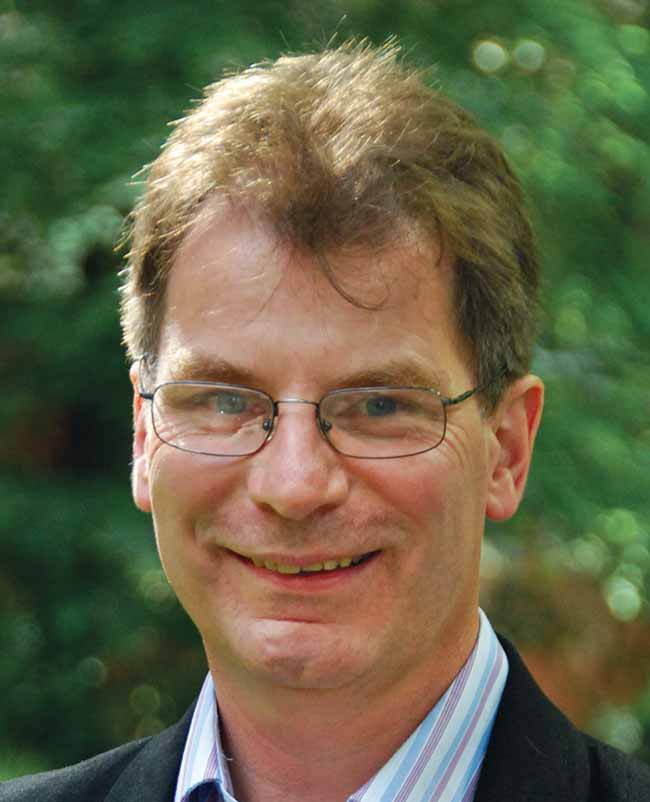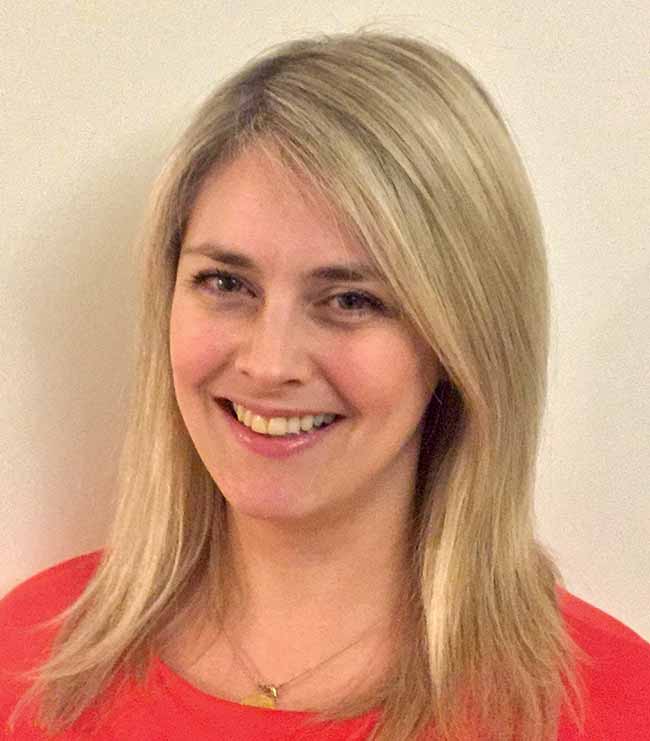
MA, VetMB, PhD, CertVR, CertVC, DSAM, MRCVS
39 New Forest Drive, Brockenhurst, Hampshire SO42 7QT.
T 01590 623033
M 07974 017303
PROPOSERS: Rob Lowe, Gerry Polton
I qualified from the University of Cambridge in 1986 and spent six years in first-opinion practice, moving from mixed through equine to 100 per cent small animals. During this time, I gained my certificate in radiology.
My desire to “know more” brought me back to university where I spent the next 10 years at the University of Bristol and the RVC gaining my PhD, certificate in cardiology and diploma in small animal medicine.
Following a brief period in industry, I worked in private referral practice for seven years. During this time, I set up a small animal referral centre that rapidly expanded year on year to meet the demand for the service we provided from general practitioners.
Since 2012, I have been 60 per cent clinical work, allowing more time to spend with my young family and pursue my other interests within the veterinary profession, particularly education and support for general practitioners through the RCVS council, the BSAVA, supporting candidates for the newer modular certificate, responding to case enquiries and providing CPD.
I am an RCVS recognised specialist in small animal medicine and an advanced practitioner in veterinary cardiology. I have lectured worldwide to the complete spectrum of the veterinary profession, as well as writing peer-reviewed articles and textbooks.
Manifesto
Working with the RCVS council and staff over the past three years, I have encountered a dedicated, fascinating and rewarding group of people with a vast range of different skills, experience and knowledge.
On council, my main focus has been on education, particularly developing and launching the advanced practitioner status. This has been very successful and will prove a major force in bringing clarity to further professional qualifications. Beyond this, the Vet Futures and the Mind Matters Initiative are exciting projects and I am keen to continue to be involved. With my broad background and experience of most areas of the profession, I feel I can bring a valuable perspective to these discussions.
Since qualifying 30 years ago, the profession has changed hugely and this rate of change is increasing as new technologies and ways of communicating become available in a 24/7 world. The RCVS has adopted a forward-looking, proactive strategy I would like to support and help develop, ensuring there remains focus on a number of key elements that are core to the profession:
- Communicating our skills as veterinary surgeons and scientists to the general public and government.
- Maintaining robust, lifelong learning through achievable further professional qualifications and outcome-based CPD.
- Promoting the health and welfare of the veterinary profession as a whole, so it remains vigorous and vibrant and continues to attract great people to work in it.
- Ensuring governance of the RCVS continues to develop so it is transparent, accessible, relevant and responsive to our current, rapidly changing world.
My CV clearly shows I have broad experience of the profession and have retained strong links with general practice. Allied to this, I understand the needs of veterinary education, research and business as well as the importance of good governance and forward planning.




